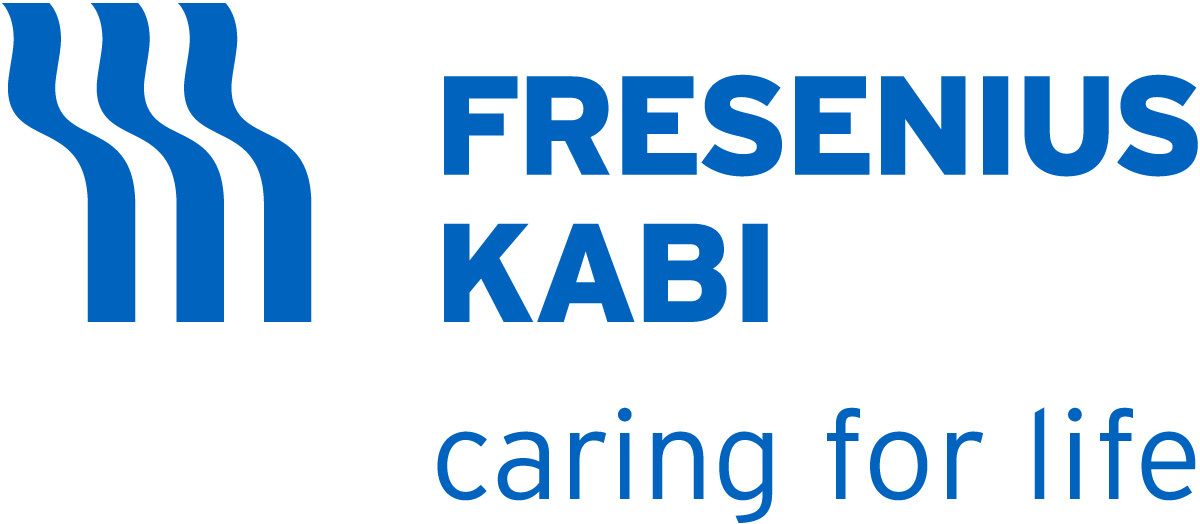
Learning Center
Mitigating the Risks Associated with IV Push Medications
Recorded On: 05/17/2023

About 90% of hospitalized patients receive medication intravenously (IV), making IV therapy one of the most common practices performed by nurses and other clinicians. IV push medications can be particularly dangerous given the immediate bioavailability and the narrow therapeutic dose range, and reversing the effects may prove difficult. There are safety considerations associated with IV push medication preparation and administration.
The results of an Institute for Safe Medication Practices (ISMP) survey revealed that 84% of the clinicians still dilute IV push medications, including prefilled syringes, and other clinicians enact additional improper practices including the manipulation of ready-to-administer (RTA) medications and dose adjustments. Unsafe IV push preparation and administration practices can lead to microbial contamination, medication errors, needlestick injuries, drug diversion, increase staff time, and medication waste.
ISMP and the Infusion Nurses Society Infusion Therapy Standards of Practice recommend providing adult IV push medications in an RTA form to decrease the likelihood of errors and diversion. Clinicians have access to evidence-based practice standards, but in many organizations, a gap exists between understanding the evidence and implementing it. During this webinar, we will discuss the risks associated with IV push medication preparation and administration, barriers to implementation of evidence-based practice, and strategies to improve IV push medication safety including the benefits of RTA IV medications.
Learning Objectives: At the conclusion of this session, learners will be able to:
- Discuss safety issues associated with IV push medication preparation and administration.
- Describe published evidence in the literature, ISMP guidelines, and INS Standards of Practice to guide safe IV push medication preparation and administration.
- Explore barriers to implementation of evidence-based practice.
- Discuss strategies to improve IV push medication safety.
- Debate the benefits of RTA medications.
Karen Laforet, RN, MClSc-WH, CCHN(C), CVAA(c), VA-BC™
CRNI® RUs: This session has been approved for 2 CRNI® recertification units and meets the non INS Meeting criteria.
Contact Hours: This session has been approved for 1 contact hour
Expiration date for receipt of contact hours: May 17, 2026
To receive contact hours for this educational activity, you are required to attend the entire educational activity and complete the evaluation.
The Infusion Nurses Society is approved as a provider of continuing nursing education by the California Board of Registered Nursing, provider #CEP14209. The certificate must be retained by the attendee for a period of 4 years.
-
Register
- Non-member - Free!
- Member - Free!
